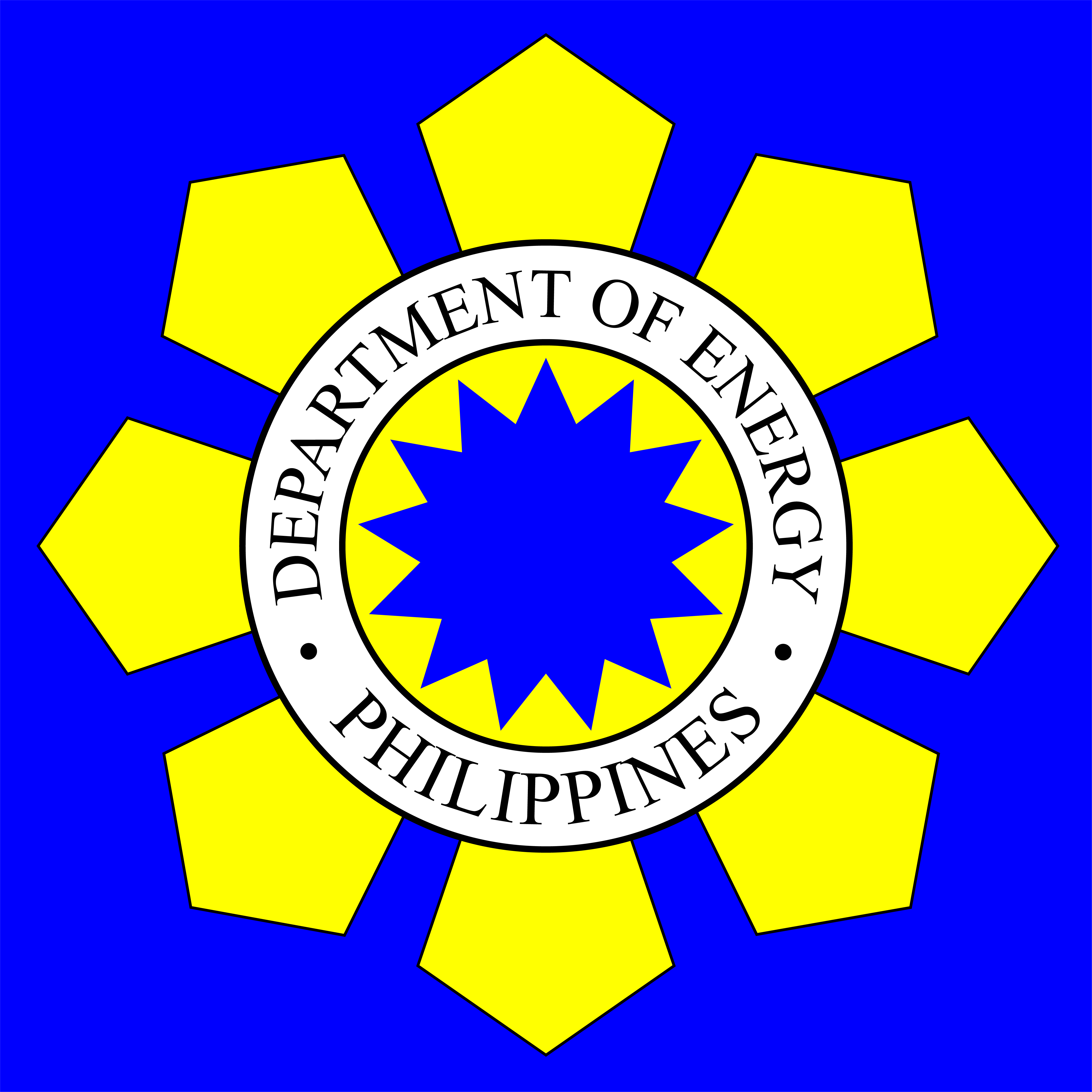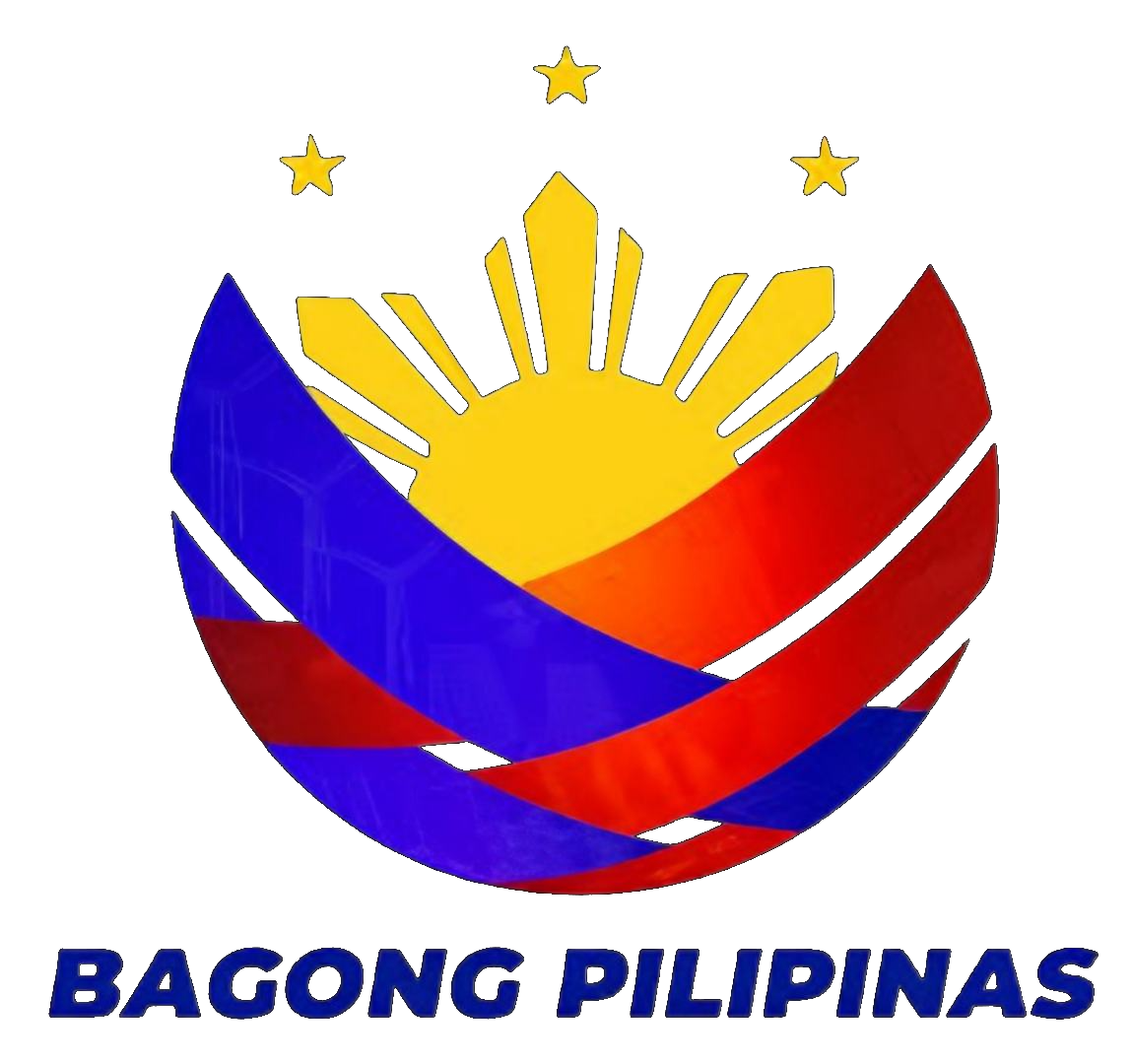70 Results
Energy Management Portal for Designated Establishments
Energy Management Portal for Designated Establishments
DOE Online Appointment System
DOE Online Appointment System
Online Databases
Online Databases
Downstream Natural Gas
Downstream Natural Gas
The birth of the Philippine natural gas industry brings the country closer to its goal of harnessing environment friendly fuels to ensure a stable, diverse and secure energy supply. However, the growth of this industry is anchored on the development of additional gas-generated capacity, other non-power applications and the necessary infrastructure that is to bring the natural gas to its potential markets. The infrastructure includes the appropriate pipeline transmission and distribution networks, LNG terminals and facilities, gas refilling stations for CNG-run vehicles and ancillary facilities.
In the absence of the law for the natural gas sector, the stage for the industry’s development has been set with the preparation of a gas policy framework, industry rules and regulations. A clear and concise policies, objectives, programs and strategies formulated by the DOE, together with the critical cooperation and participation of the private sector, development of a natural gas industry is ensured.
While there is still much to be done, the DOE will be at the forefront of efforts to rally the participants in this new industry to success.
STUDIES:
Consultation on the Phase 2 Report of the Philippine Natural Gas Master Plan
First Report of the Natural Gas Master Plan
Study on Collecting Information and Verification on Promotion of Utilization of Clean Energy Sources (JICA, December 2011)
Mindanao Natural Gas Market Development Strategy (Final Report)
FOI Portal Dummy
FOI Portal Dummy Content
Sample Bid Web Portal
Web Portal
Fees and Charges (from EUMB Portal)
Fees and Charges
Downstream Oil Industry
What Do We Pay?
Date Posted: August 19, 2022
Attachment:
what-do-we-pay-08162022.pdf
Downstream Oil
What Do We Pay?
Date Posted: August 19, 2022
Attachment:
what-do-we-pay-08162022.pdf
LFO Mandate and Functions
Implements regional policies, plans, programs, and regulations of the department relating to energy resources exploration and development, its judicious and efficient utilization, ensures adequate, efficient, and reliable supply of electricity and monitors the development in the downstream oil industry, development and utilization of renewable energy (RE) resources such as geothermal, hydro, ocean, biomass, solar, and wind with due regard to the environment and sustainable development in Luzon.
Mandate and Functions
Implement regional policies, plans, programs and regulations of the Department relating to energy resources exploration and development, its judicious and efficient utilization that ensures adequate, efficient, and reliable supply of electricity and monitors the development in the downstream oil industry, development and utilization of the renewable energy resources with due regard to the environment and sustainable development in the Visayas.
Advisory March 2024
Advisory: DOE Portal
History
The Philippines' Department of Energy (Filipino: Kagawaran ng Enerhiya), abbreviated as DOE is the executive department of the Philippine Government responsible for preparing, integrating, coordinating, supervising and controlling all plans, programs, projects and activities of the Government relative to energy exploration, development, utilization, distribution and conservation.
The Department of Energy was created by then President Marcos as he issued Presidential Decree No. 1206 which created the Ministry of Energy and attached the National Power Corporation and Philippine National Oil Company to this new agency. The Ministry was abolished during the Regime of Corazon Aquino. During the Regime of President Fidel V. Ramos, that Department was created by virtue of Republic Act No. 7638 otherwise known as the Department of Energy Act of 1992.
The Department was vested additional powers and functions under pertinent energy and power related legislations, such as Republic Act No. 9136 or the "Electric Power Industry Reform Act of 2001", Republic Act No. 9367 or "Biofuels Act of 2006", and Republic Act No. 9513 or "Renewable Energy Act of 2008."
Philippine Energy Plan
Philippine Energy Plan 2020-2040
Overview
As the country faces a multi-faceted challenge on its pandemic response programs, amidst the imposed lockdowns on economic activities, the Department of Energy (DOE) is presenting a track to attain an inclusive and equitable economic growth made possible through the provision of secure, sustainable, and resilient energy strategies. The Philippine Energy Plan (PEP) 2020-2040 is the second comprehensive energy blueprint supporting the government’s long-term vision known as Ambisyon Natin 2040. This updated plan, like its predecessor (PEP 2018-2040), reiterates the energy sector’s goal to chart a transformative direction towards attaining a clean energy future.
Paving the path of transition into a more sustainable and resilient energy system, the sector’s direction has always been steered by Secretary Alfonso G. Cusi. This is in recognition to the message conveyed by President Rodrigo Roa Duterte of the energy sector requisites – sustainability and availability of energy to wean away from traditional sources and development of alternative ones.
To carry out the President’s instructions, the Energy Secretary clearly pointed the transformative changes imperative to align with the Administration’s call. These resulted into policies directed by the Energy Secretary and include, among others, the aggressive Renewable Energy (RE) and Energy Efficiency and Conservation (EEC) institutionalization programs, the moratorium on new coal power projects, a mechanism allowing foreign ownership on large-scale geothermal projects under financial and technical assistance agreement or FTAA, the resumption of indigenous oil and gas exploration, the introduction of liquefied natural gas (LNG) portfolio, establishment of strategic petroleum reserves and exploration of Hydrogen's potential.
Having the policies in place, the Energy Secretary reaffirmed the sector’s mindfulness in putting consumers first and that energy must be equitable to all Filipinos. The crafted PEP 2020-2040 is the amalgamation of the envisioned transition and transformation resonated by the Administration. Under its Clean Energy Scenario (CES), the PEP provides for ambitious plans, policies and targets on renewable energy, natural gas, alternative fuels, and energy efficient technologies. To make the country’s low carbon energy transformation a reality, the following goals have been set for the medium to long-term planning horizon:
Click to view/download Philippine Energy Plan 2020-2040
Reference Scenario
Present development trends and strategies continue;
35.0 percent renewable energy share in the power generation mix by 2040;
LNG importation starting 2022;
Energy Consumption levels that support an accelerated economic expansion post COVID-19;
Current blending schedule for biofuels (2.0 percent biodiesel and 10.0 percent bioethanol) maintained until 2040;
5.0 percent penetration rate of electric vehicles for road transport (motorcycles, cars, jeepneys) by 2040; and
Current efforts on EEC as a way of life continues until 2040.
Clean Energy Scenario
35.0 percent and 50.0 percent RE share in the power generation mix by 2030 and 2040;
5.0 percent blending for biodiesel starting 2022;
1.5 percent increase in aggregated natural gas consumption from the transport and industry sectors between 2020 and 2040;
10.0 percent penetration rate of electric vehicles for road transport (motorcycles, cars, jeepneys) by 2040;
5.0 percent energy savings on oil products and electricity by 2040; and
At least 12.0 percent reduction in the GHG emission for the Nationally Determined Contribution (NDC).
MFO Mandate and Functions
Implements regional policies, plans, programs and regulations of the department relating to energy resource exploration and development, judicious and efficient utilization of energy resource, ensures adequate, efficient and reliable supply of electricity, and monitors development in the downstream oil industry with due regard to the environment and sustainable energy development in Mindanao
CSP Bid Bulletin
Distribution Utility Demand (MW) Energy (MWh) Contract Period DU CSP Stage Date Posted PDF file
AEC
Supplemental Bid Bulletin
Supplemental Bid Bulletin No. 4
13 MW 10 years Supplemental Bid Bulletin November 24, 2021 PDF icon SBB No. 04 AEC-CSP-RPS-2021-01.pdf
SOCOTECO II
Pre-Bid Conference
SOCOTECO II CSP for the procurement of At Least 85,000 MWh Dispatchable Energy
1. 1st Pre-Bid Conference
December 15, 2021, 9:00 AM
Note: Pre-condition of A.P.O.R. to quarantine policy of L.G.U.
2. Issuance of Bid Bulletin/s, if any
January 4, 2022
3. Deadline for Eligibility Requirements and Submission of Bids ("Bid Submission Deadline")
January 18, 2022, 9:00 AM via SOCOTECO II Portal
At least 85,000 MWh Dispatchable Energy End of Year 2022 assuming ERC approval of the PSA for 15 years from start of commercial operation Pre-Bid Conference November 18, 2021 PDF icon SOCOTECOII CSP INVITATION-FINAL-TPBACv2.pdf
SOCOTECO II
Invitation to Bid
SOCOTECO II CSP for the procurement of At Least 85,000 MWh Dispatchable Energy
1. Invitation to Bid
2. Availability of Documents
November 29, 2021 to December 14, 2021 via SOCOTECO II Portal
Note: Pre-condition compliance must be submitted and paid
3. Deadline of Submission of Comments and Questions on the Bid
December 14, 2021
At least 85,000 MWh Dispatchable Energy End of Year 2022 assuming ERC approval of the PSA for 15 years from start of commercial operation Invitation to Bid November 18, 2021 PDF icon SOCOTECOII CSP INVITATION-FINAL-TPBACv2.pdf
DECORP
Supplemental Bid Bulletin
Supplemental Bid Bulletin No. 1
20 MW 10 years Supplemental Bid Bulletin November 18, 2021 PDF icon decorp-bid-bulletin-csp.pdf
AEC
Supplemental Bid Bulletin
Supplemental Bid Bulletin No. 3
Queries from Potential Bidders addressed by the TPBAC
With additional SBB as of 24 November 2021
13 MW 10 years Supplemental Bid Bulletin November 16, 2021 PDF icon Responses to AEC RPS Peaking_BGI Consolidated Comments (No.3).pdf
PDF icon Responses to AEC RPS Peaking_BGI Consolidated Comments (No.4) 2021.11.15.pdf
PDF icon Responses to PAVI Green_List of Queries_for AEC CSP 11.3.21.pdf
PDF icon Responses to SNAP-BI_Comments and Clarifications_11.04.2021.pdf
PDF icon SBB No. 03 AEC-CSP-RPS-2021-01.pdf
MERALCO
Supplemental Bid Bulletin
Supplemental Bid Bulletin No. 5 and 6
70 MW 20 years Supplemental Bid Bulletin November 15, 2021 PDF icon MERALCO TPBAC Submission to DOE of BB5and6 70MWCSP-2-27.pdf
AEC
Supplemental Bid Bulletin
Queries from Potential Bidders addressed by the TPBAC
13 MW 10 years Supplemental Bid Bulletin November 10, 2021 PDF icon QUERIES_BGI Consolidated Additional Comments with Responses.pdf
PDF icon QUERIES_SNAP-BI additional comments with Responses.pdf
QUIRELCO
Supplemental Bid Bulletin
Supplemental Bid Bulletin No. 12
Detailed Evaluation of Technical and Financial Bids
November 5-11, 2021
Issuance of Result of the Detailed Evaluation of Technical and Financial Bids
November 12, 2021
Post Qualification of Lowest Calculated Bidder
November 15-18, 2021
Issuance of Notice of Award to Winning Bidder
November 22, 2021
15 MW 5 years Supplemental Bid Bulletin November 9, 2021 PDF icon SBB No.2021-12.pdf
AEC
Supplemental Bid Bulletin
Supplemental Bid Bulletin No. 2
13 MW 10 years Supplemental Bid Bulletin November 5, 2021 PDF icon SBB No. 02 AEC-CSP-RPS-2021-01.pdf
PDF icon 01 AEC-RPS-CSP-TOR (As Amended on 4.Nov_.2021).pdf
PDF icon Response to AC Energy 2nd Set of Queries.pdf
PDF icon Response to PAVI Green_List of Queries_10.26.21.pdf
PDF icon Response to SNAP-BI Queries.pdf
MERALCO
Supplemental Bid Bulletin
Supplemental Bid Bulletin Nos. 3 and 4
70 MW 20 years Supplemental Bid Bulletin November 3, 2021 PDF icon DOE BB3 and BB4_70MWCSP-2-28.pdf
DC 2021-09-0029
GUIDELINES ON NOTICES AND REPORTORIAL REQUIREMENTS PURSUANT TO THE DOWNSTREAM OIL INDUSTRY DEREGULATION ACT
Department Circular 2024-06-001 by PSA
regulation on Downstream Oil and Natural Gas

